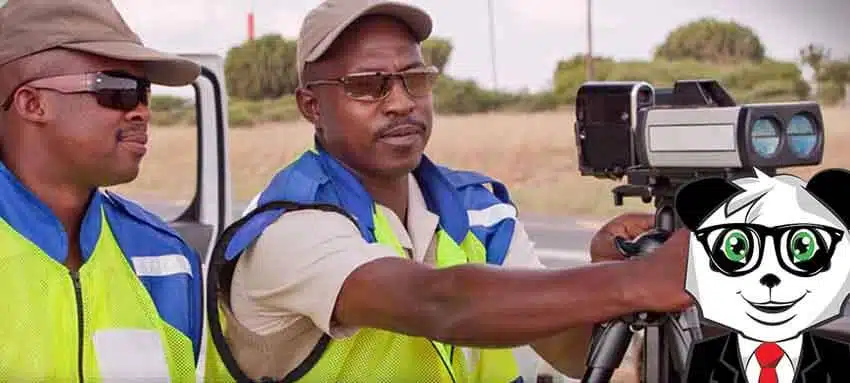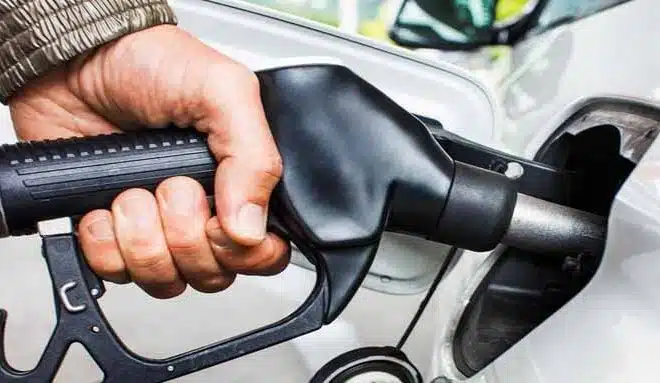
The Truth Behind Speeding Fines in South Africa
Driving over the speed limit by 30km/h or 40km/h respectively can see you have your license revoked and very possibly arrested! But are the speeding limits always justified or are they there to pull in money for the traffic department? Law enforcement has started to take speeding a lot more seriously and it’s reflected in millions that the department is raking in on fine payments alone.
We have noticed over the past year that more and more roads are being dubbed with a limit of 60 or 70km per hour even when they are more like highways and not in rural areas. I’m sure you can think of a road that you drive on regularly where you say to yourself, “dammit surely this can’t be a 60 zone!”. Or 120km/h zones that all of a sudden turn into 80km/h for no reason at all. When was the last time you checked if you are paying too much for car insurance? Click below to do a 3-minute (no obligation) online quick quote and get over 9 instant quotes:
Increase in Speeding Traps Revenue Scheme or Safety Provision?
Many believe that traffic fines alongside all other road offense fines in the Western Cape have been increased drastically as a result of the departments wanting to boost their revenue and bottom line.
“JMPD prosecutes speeding mostly because it is easy and profitable for them. Focusing more on stopping drivers and checking the roadworthiness of their cars, licences, and alcohol in system and their fitness to drive will save more lives than taking photographs of speeding cars for a revenue.” Says Howard Dembrovsky of the Justice Project.
Taking a closer look into the enforecement of traffic regulations and issuing of traffic tickets it seems to be a rather lucrative business with most municipalities relying on private companies to run the operations. These private companies offer a whole array of services such as speed cameras, private traffic officers, admin staff, handing of prosecution and the dreaded debt collection.
The expected revenue from fines is astounding, the City of Joburg’s medium term budget expects to generate R563 million in fines, penalties and forfeits in the current financial year.
“As with taxes, this item consists of unrequited, compulsory transactions. Thus, the recipient government unit does not provide anything in return for these receipts.”
The 2018/2019 budget stated that the City of Cape Town expects a revenue of 1.2 billion from this source of income, even small municipalities heavily rely on the income generated from fines ect. To give you an example the municipality of Potchefstroom budgeted to generate R85 million from fines and penalties in the 2018/2019 period.
Get over 9 instant online car insurance quotes with our quick quote below to see if you could be paying less:
Strong-arming Citizens:
Some municipalities like George contract private companies for a few weeks at least once or twice a year to set up road blocks that uses number plate recognition camera’s and software. This software is linked to the municipality’s database and within seconds can tell you if that car has outstanding warrants. They stop the vehicle and a court prosecutor with arrest warrants and a police officer will escort you to the nearest ATM to either immediately pay the fine or face being arrested on the spot.
The Municipality of George usually conducts these road blocks towards the end of the year after citizens have recieved their bonuses which increases the likelyhood that they are able to pay and withdraw from the ATM.
Are Resources Being Spent Wisely?
Majority of fines are a result of speeding caught on traffic cameras and not from traffic cops actually out on the roads. Cameras are there as a deterrent but do they actually help keep roads safer? Cameras can’t stop a drunk or reckless driver. This has proven to be a financial boost for the department… no manpower needed at all.
The traffic department’s hope that if they increase the fine amounts and speeding traps that it will deter drivers from speeding and breaking the rules of the road. Wouldn’t having more visible traffic cops on the road in full force be a better option? You can drive away from a camera, but you can’t drive away from a traffic official.
So here we sit wondering is the government just trying to make money or are they actually trying to look after our safety. What do you think?
We think you would be interested in this article:
UPDATED: Best & Worst Insurance Companies of 2019 in SA






